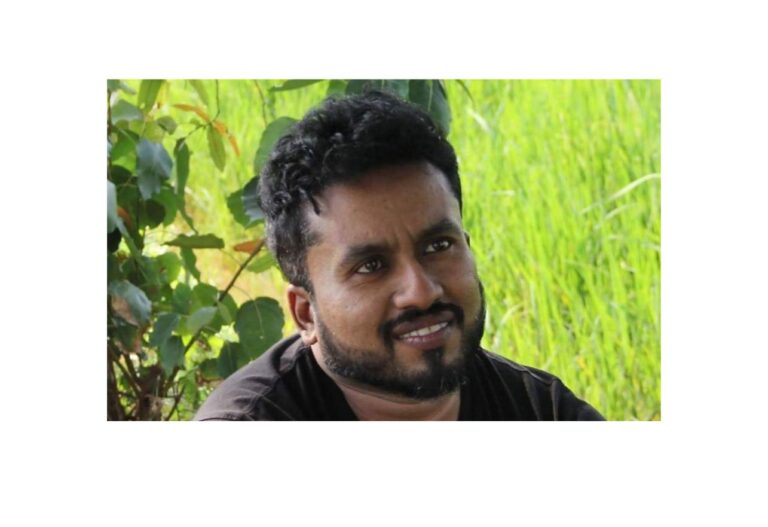

Published on 31 July 2020 in Blasphemy news
Sri Lankan rationalist “advised” not to write about Buddhism by the police
Online activist and self-proclaimed atheist and rationalist Indika Rathnayake was questioned by the Organised Crimes Prevention Police Division on 29 July 2020 for three hours in relation to a complaint lodged by a Buddhist monk and director of the Buddhist Information Centre. The monk claimed that Rathnayake had propagated fictitious ideas about Buddhism and Buddha. The accusations were sparked by Rathnayake’s Facebook posts stating that Buddhism originated from Jainism.
On 21 July 2020, End Blasphemy Laws (EBL) Coalition partner, Humanists International reported that Rathnayake had been summoned by the Organised Crimes Prevention Police Division for questioning regarding the complaint filed by the Buddhist monk. Rathnayake was accused of creating unrest among Buddhists and misleading the younger generations with his writings.
According to Indika’s lawyer, the police questioned Rathnayake extensively on his claims regarding the origin of Buddhism and Rathnayake’s other writings on religion and Buddhism. Rathnayake was further asked about his participation in discussions on atheism and rationalism in Facebook Messenger group chats.
Rathnayake’s lawyer wrote on Facebook on 29 July 2020 that the recording officer and a senior officer at the Organised Crimes Prevention Police Division ‘have “advised” [Rathnayake] to refrain from continuing with the line of thought in his writings.’ Following the police interview, Rathnayake has reported that his Facebook account has been blocked and he is unable to write posts.
It appears that the monk that filed the complaint has not been questioned by the police. In his initial complaint, the monk reportedly claimed that Rathnayake should be arrested and charged under Article 291 B of the Penal Code and Article 3(1) of Sri Lanka’s CCPR Act (2007). Article 291 B states that individuals “with the deliberate and malicious intention of outraging the religious feelings” or “attempts to insult the religion” of someone will be punished with imprisonment, a fine, or with both. While Article 3(1) of Sri Lanka’s ICCPR states that “no person shall propagate war or advocate national, racial or religious hatred that constitutes incitement to discrimination, hostility or violence.”
Ahmed Shaheed, The UN Special Rapporteur on Freedom of Religion or Belief, expressed concern regarding the usage of the ICCPR Act in his concluding report following his visit to Sri Lanka in 2019. Shaheed commented, “ICCPR Act has ironically become a repressive tool curtailing freedom of thought or opinion, conscience and religion or belief.” The EBL Coalition is aware of at least one other individual who faces charges under the same legislation following a complaint made by the Buddhist Information Centre.
The EBL Coalition shares Humanists International’s concerns that the complaint filed against Rathnayake is an attempt to stifle legitimate expression and the police warning Rathnayake off writing more about Buddhism could be viewed as complicity in this endeavor.
While freedom of expression may be limited for reasons of respect of the rights or reputations of others or for the protection of national security or of public order or of public health or morals, these limitations cannot legitimately be imposed on the expression of ideas about religion.
The EBL Coalition calls for the Sri Lankan authorities to dismiss the complaint immediately and unconditionally.